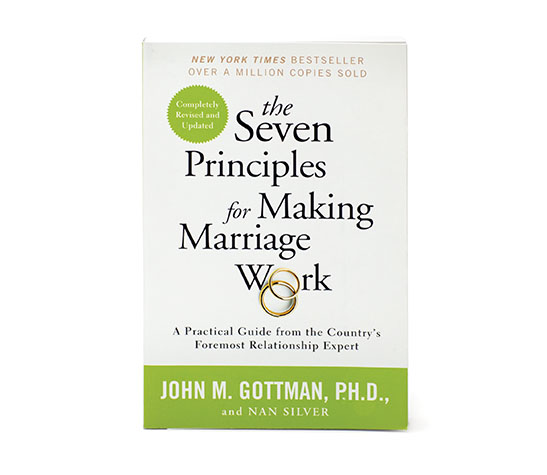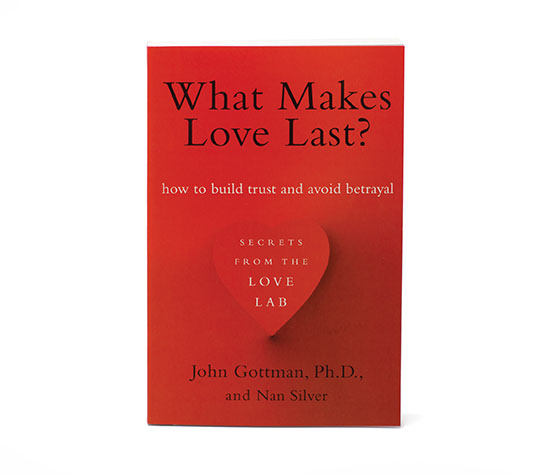We all as social creatures have a deep and underlying desire to find that one perfect person to spend the rest of our days with. That one person when you meet, you feel an uncontrollable attraction to and an illogical sense of familiarity with. As if you’ve known that person for a lifetime, or perhaps lifetimes. Whatever you want to call it, films and TV series alike have romanticized the phenomenon known as the soulmate. But what do we really know about the perfect mate or the ideal partner? Psychology is finally shedding light on the mystery that encapsulates so many hearts and minds around the world in an effort to understand what truly makes two people compatible for a relationship.
The Issue With Compatibility
Dating sites like OkCupid.com or chemistry.com boast about their in-depth personality tests and claim that someone with similar answers to the questions on their tests can result in finding the perfect mate.
Now, this sounds very appealing for many different reasons. First, naturally you want to be with someone who shares the same values as you and perhaps even someone who enjoys similar activities like rock climbing. Secondly, it only seems logical to search for another person that also wants to raise children and begin a family someday. Lastly, we have such a yearning for love as social creatures, that we will convince ourselves of just about anything in order to fill the empty spots in our hearts.
All of these reasons create quite the compelling case for compatibility sites, but how well and how long do the relationships that have similar interests and quirks truly last?
Dr. Ted Huston of the University of Texas ran a longitudinal study of couples that had been married for years and in his research he discovered something quite surprising. Dr. Huston explains, “My research shows that there is no difference in the objective compatibility between those couples who are unhappy and those who are happy.”
Dr. Huston went on to say that couples that feel content and warmth in their relationships said that compatibility wasn’t an issue for them. In fact, they said that it was them who made the relationship work, not the compatibility of their personalities. But when the unhappy couples were asked what they thought about compatibility, they all answered by saying that compatibility is extremely important to a marriage. Sadly, they didn’t think they were compatible with their significant other. Dr. Huston explains that when the unhappy couples said, “we’re incompatible” they were truly meaning, “We don’t get along very well.”
That’s where the issue arises with compatibility – everyone who is unhappy naturally blames it on the facade of compatibility. They fail to realize and comprehend that a successful relationship does not hinge its posterity on how alike you are, instead it hangs on by the sheer will power and want to stay in a relationship.
This can be observed in arranged marriages, where they tend to last longer and tend to be happier in their relationships, according to international happiness surveys. Do these arranged marriages last longer because they don’t have the option of divorce like we do in the United States? Of course not, it’s because they choose to stay committed and aren’t looking for “the next best thing” or someone that’s more suitable in their eyes.
Professor of Sociology at Stanford University, Michael J. Rosenfeld explains that arranged marriages aren’t that different from the love relationships we have in the Western world. The greatest difference is in our cultures. Americans value autonomy more than anything – they want the freedom to choose who they want to be with. More often than not, however, we get stuck in the perpetual loop of consciously and unconsciously considering someone else when things aren’t going perfectly in our own relationship. And this is where the illusion of compatibility comes into play.
Finding A Mate To Spend A Lifetime With
So we know that building a relationship with someone is dependent on you and the other person. It has more or less nothing to do with compatibility. But if we can’t depend on compatibility exams or some standard form of testing to find our ideal mate, then how do we do it?
Dr. John Gottman, the founder of The Gottman Institute in Seattle, said that measures of personality are incapable of truly predicting the length or success of a relationship. Gottman discovered that couples who focus their energy on building something meaningful together in their life (e.g., starting a business together) tend to last the longest. How a couple interacts is the single, most fundamental aspect to creating a successful relationship. Meaning, it’s not who you are or what you do that will prolong or help you find the perfect mate. It’s how you speak to each other, how well you get along, and how you move through time together.
John Gottman went on to say that your partner should support your life dreams. They should look up to you, admire you, and respect you. Now this sounds ideal, but when you truly reflect on how you’ve always wanted to be treated, having someone who genuinely believes in your greatness is paramount.
Don’t think it’s all just how we view one another; however, a lot of the connection you feel with another person is emotional. Therefore you must be capable of responding to each other when you need something. Or as John Gottman said, “Does your partner turn toward you with equal enthusiasm? You need to ask questions and constantly update your knowledge of one another.”
Final Thoughts On The Soulmate
If you truly are looking for love and want to find that person that you can spend the rest of your life with, remember that it is YOU who creates compatibility. There is no magic formula or perfect algorithm for making a fruitful relationship with another human being. Yes, you need to find the other person attractive, look up to them, and feel a strong sense of familiarity, but those are but a small slice of the pie that constitutes a healthy and lasting relationship.
So next time you spot someone who catches your attention and makes your pupils dilate with interest and enthusiasm, pay attention to whether or not they can see the dream you envisioned for your life. If they can share in your delight and can accept you for who you are today, not for who you can be tomorrow, then you have found your “soulmate.”
This article originally appeared on Learning-Mind.
The Marriage Minute is a new email newsletter from The Gottman Institute that will improve your marriage in 60 seconds or less. Over 40 years of research with thousands of couples has proven a simple fact: small things often can create big changes over time. Got a minute? Sign up below.









